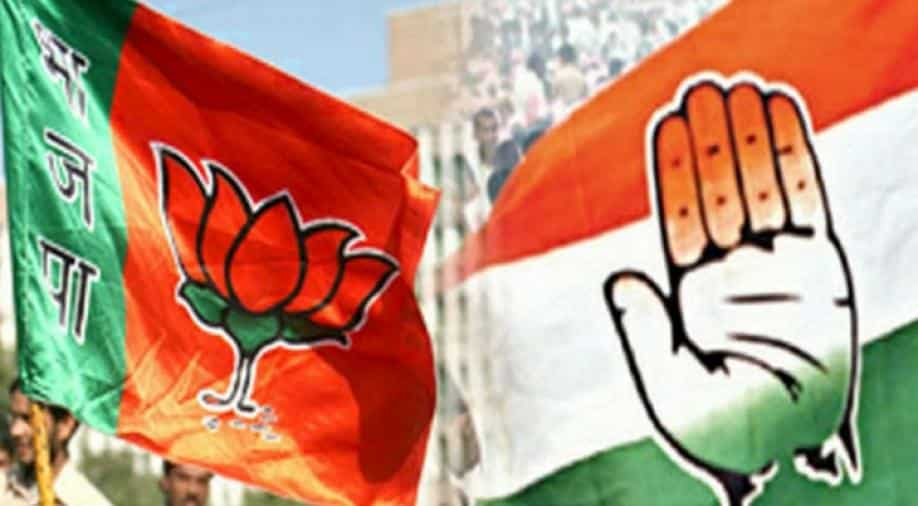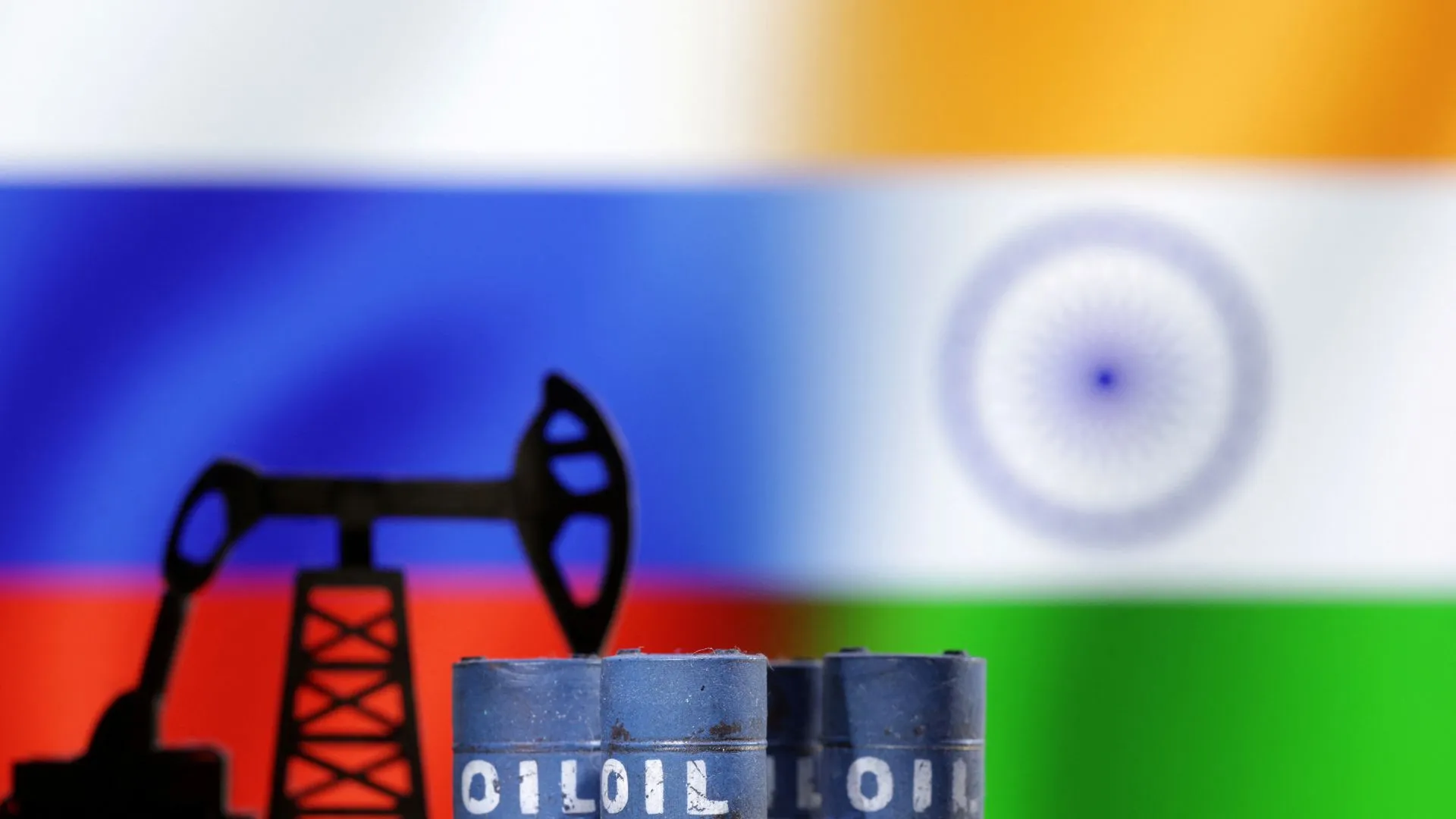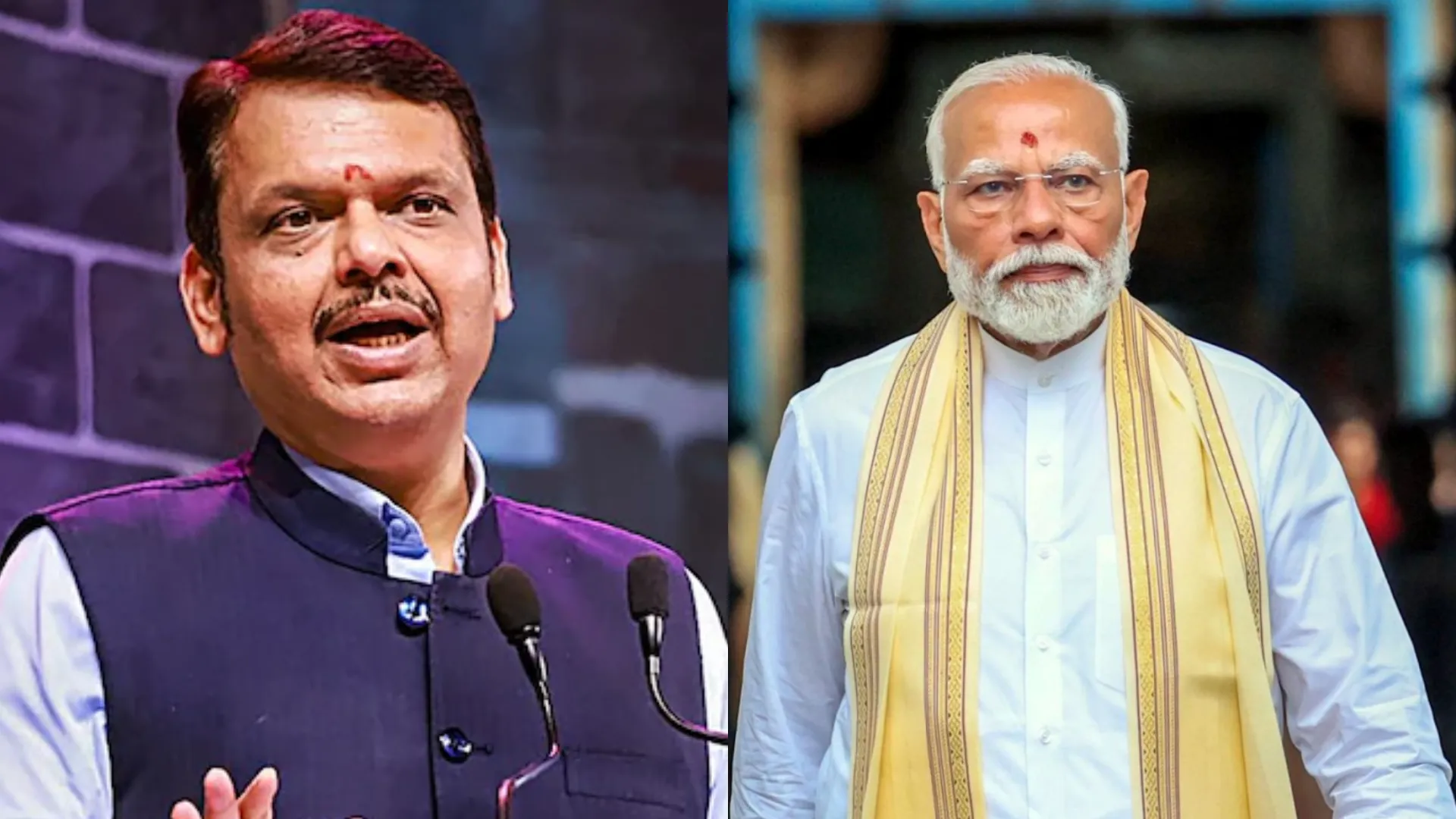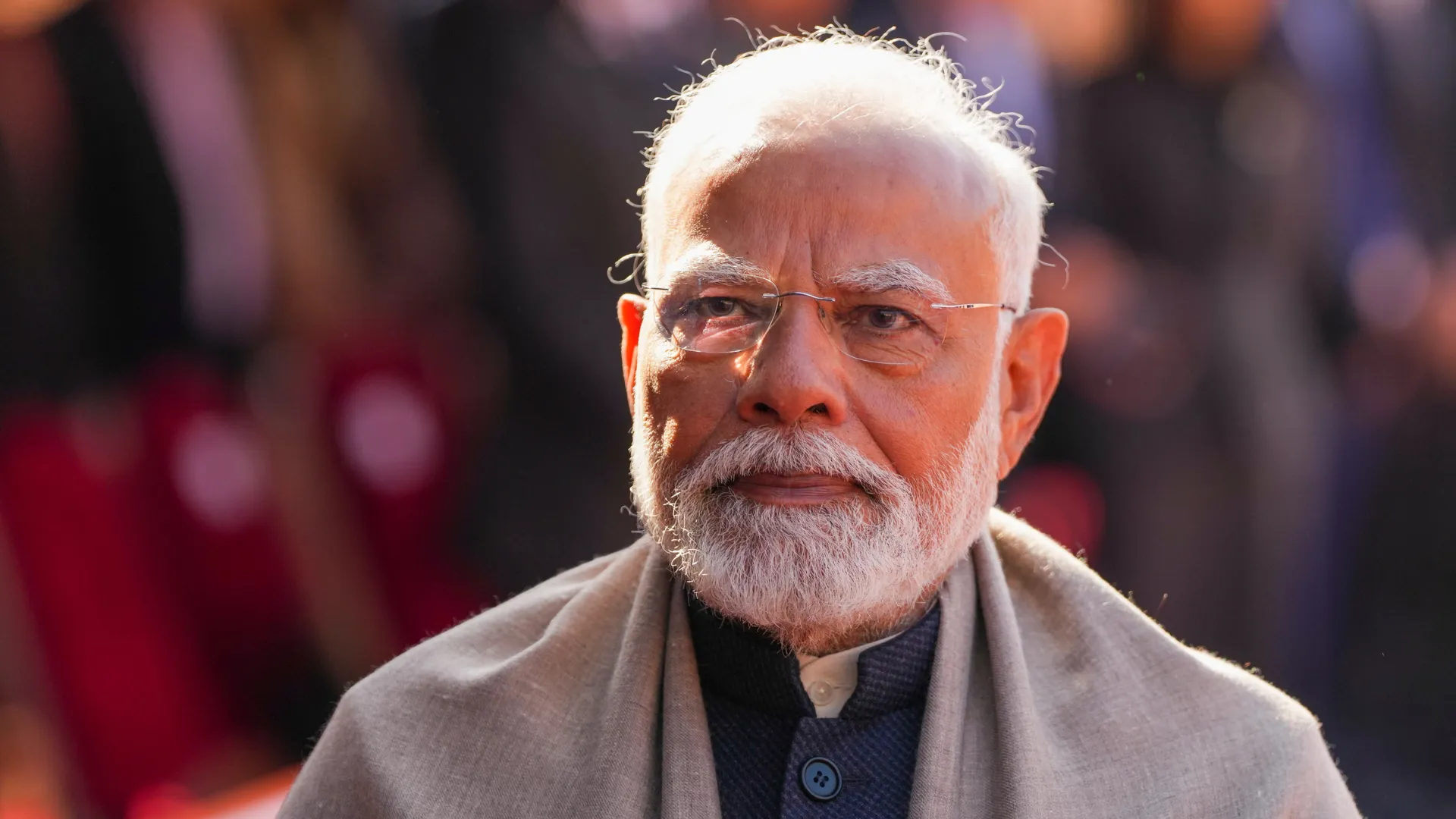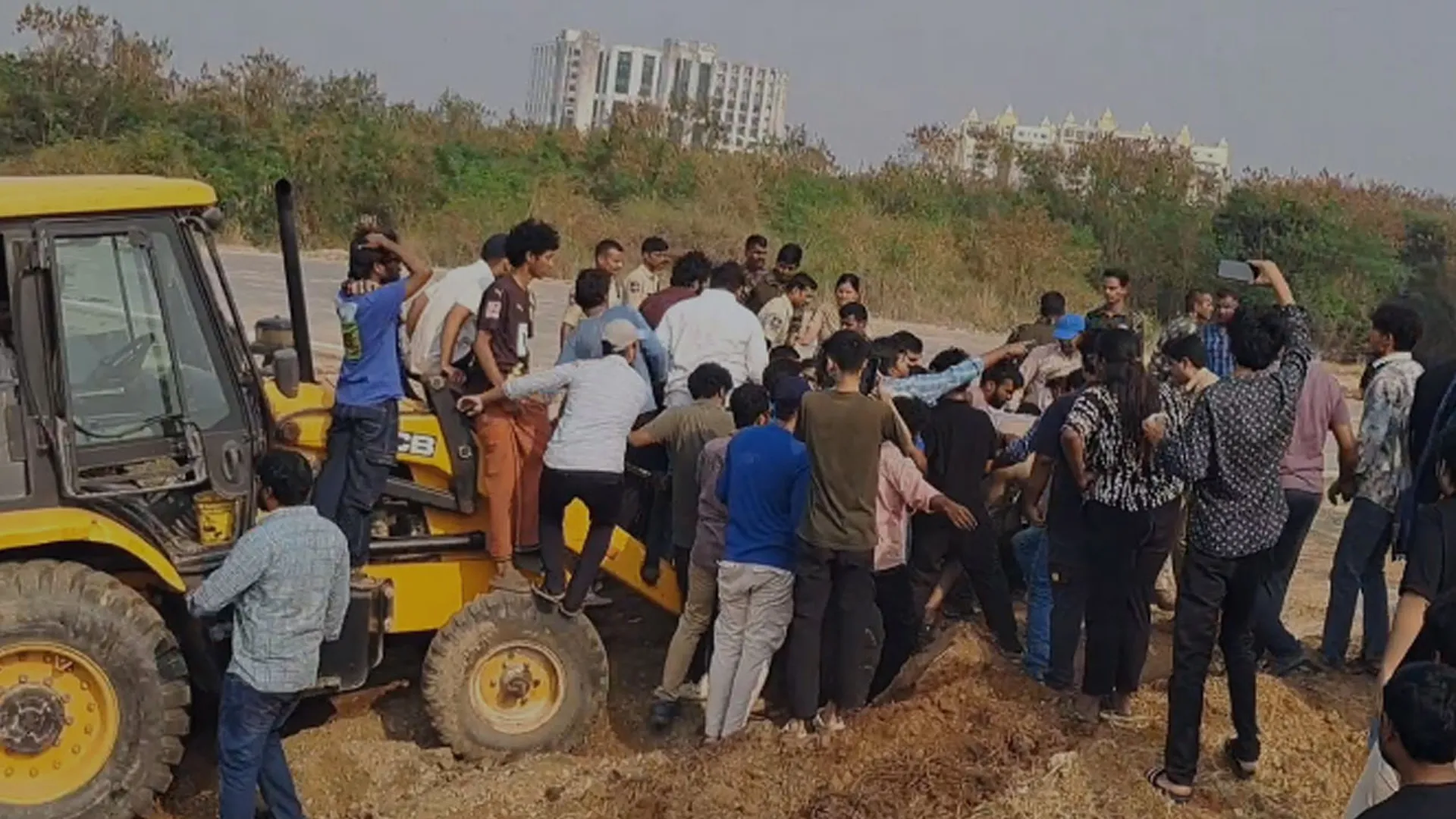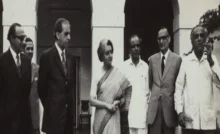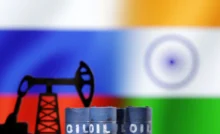The culmination of the third phase of Lok Sabha election campaigning marked a critical juncture for the BJP, with 92 seats spread across 11 states and Union Territories slated for voting on May 7.
This phase covers entire constituencies in Gujarat and parts of Chhattisgarh, Bihar, and Madhya Pradesh, featuring a diverse pool of over 1,300 candidates, including about 120 women, competing for victory.
Notable figures in this phase include Union ministers like Amit Shah in Gandhinagar, Jyotiraditya Scindia in Guna, and former Madhya Pradesh chief ministers Shivraj Singh Chouhan and Digvijaya Singh.
Furthermore, several members of Mulayam Singh Yadav’s family are contesting in Uttar Pradesh, while an attention-grabbing battle unfolds between Supriya Sule and Sunetra Pawar in Maharashtra’s Baramati.
The BJP’s dominance is evident, with Surat secured uncontested, and a concerted effort to clinch victories across multiple states.
Campaigning intensified with fiery exchanges between the BJP-led NDA and opposition parties on various fronts, including reservations, terrorism, and Article 370. Prime Minister Narendra Modi challenged the Congress on Muslim reservations, while Congress stressed social justice and unemployment.
BJP accused Congress of indulging in appeasement politics and underscored incidents like bombings and murders to drive home their point. Meanwhile, the Aam Aadmi Party held rallies in Gujarat, and Uttar Pradesh witnessed extensive campaigning from both sides.
Notably, accusations of sexual harassment against Prajwal Revanna stirred controversy, with BJP questioning the Congress-led government’s response in Karnataka.
Prime Minister Modi’s visit to Uttar Pradesh highlighted his commitment to the nation’s future, drawing a sharp contrast with what he termed as dynastic politics from the opposition.


